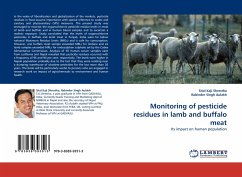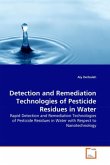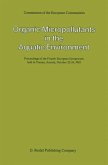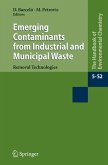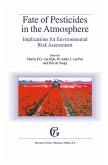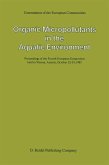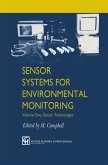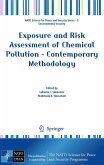In the wake of liberalization and globalization of the markets, pesticide residues in food assume importance with special reference to codex and sanitary and phytosanitary (SPS) measures. The present study was envisaged to monitor the organochlorine pesticide residue levels in meat of lamb and buffalo and in human blood samples and to ascertain a realistic exposure. Study concluded that the levels of organochlorine pesticides in buffalo and lamb meat in Punjab, India were far below national Maximum Residue Limits (MRLs) and is safe for consumption. However, one buffalo meat sample exceeded MRLs for lindane and six lamb samples exceeded MRLs for endosulphan sulphate set by the Codex Alimentarius Commission. Analysis of 50 human serum samples each from Ludhiana and Nepal revealed that pesticide residues occurred with a frequency of 96 and 94 per cent, respectively. The levels were higher in Nepali population probably due to the fact that they were residing near a dumping warehouse of obsolete pesticides for the last more than 30 years. The book will be particularly useful to persons who are engaged in research work on impact of agrochemicals to environment and human health.
Bitte wählen Sie Ihr Anliegen aus.
Rechnungen
Retourenschein anfordern
Bestellstatus
Storno

